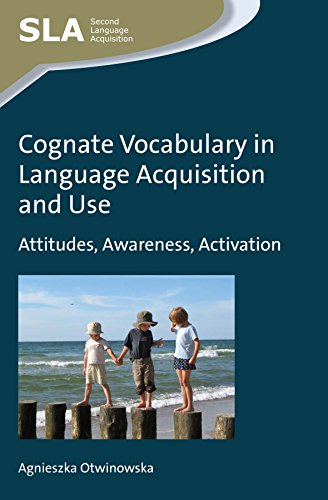

Most ebook files are in PDF format, so you can easily read them using various software such as Foxit Reader or directly on the Google Chrome browser.
Some ebook files are released by publishers in other formats such as .awz, .mobi, .epub, .fb2, etc. You may need to install specific software to read these formats on mobile/PC, such as Calibre.
Please read the tutorial at this link: https://ebookbell.com/faq
We offer FREE conversion to the popular formats you request; however, this may take some time. Therefore, right after payment, please email us, and we will try to provide the service as quickly as possible.
For some exceptional file formats or broken links (if any), please refrain from opening any disputes. Instead, email us first, and we will try to assist within a maximum of 6 hours.
EbookBell Team

4.1
20 reviewsThis book brings together linguistic, psycholinguistic and educational perspectives on the phenomenon of cognate vocabulary across languages. It presents a large-scale, long-term research project focusing on Polish-English cognates and their use by bilingual and multilingual learners/users of English. It discusses extensive qualitative and quantitative data to explain which factors affect a learner’s awareness of cognates, how adult learners can benefit from raised awareness and whether cognate vocabulary can be used with younger learners as a motivational strategy. The work shows how cognate vocabulary can be examined from a range of methodological perspectives and provides considerable insights into crosslinguistic influences in language learning. While the focus of the studies is Polish-English cognates, the research will be of interest to anyone teaching learners of different language constellations, levels, ages and backgrounds.